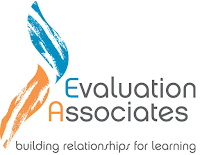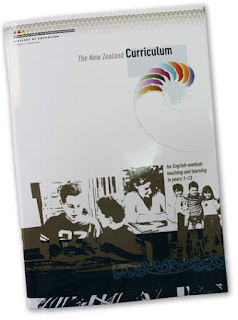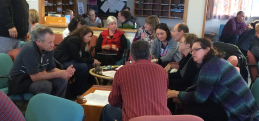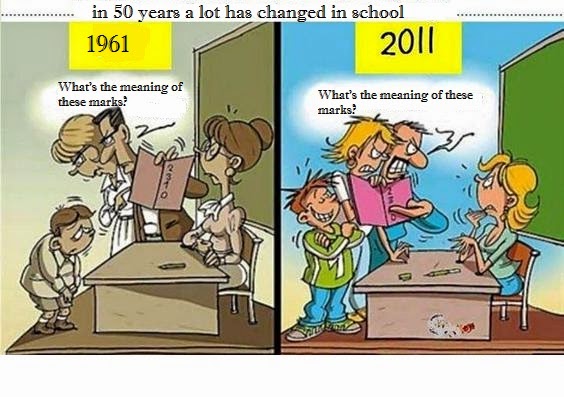by Guy Claxton and Bill Lucas.
Guy Claxton and Bill Lucas are two of the worlds most prominent educational theorists. Guy Claxton is best known as the guru behind the 'BLP - Building Learning Power' movement in the United Kingdom (and expanding).
Educating Ruby (2015) is a modern view of the societal ills centered around education. Like many current education material Claxton and Lucas are very interested in the bigger picture of education. Why thinking about the meta idea of learning as opposed to curriculum or pedagogy. Having been familiar with BLP (book review coming shortly) I found much of Educating Ruby to be a companion document.

Whist this book is not specific to New Zealand's educational system (although some acknowledgements to our early childhood systems are made), Educating Ruby is equally valid reading for Kiwi teachers.
A strong case for curriculum review is made by Claxton and Lucas in Educating Ruby where hegemonic thinking about the 'heirarchy' of subjects is raised: “In school, subjects assume importance in inverse proportion to the amount of bodily activity they involve. If you can stay clean and still while you are learning, that is good, so maths and English come out at the top of the pecking order.” (p. 51) This is somewhat reflective of Waihi College's review of students vocational pathways.
Strong criticism is made of the supremacy of testing in education, whilst the authors a making specific reference to the UK system, NCEA easily is reflective. Teachers are under increasing pressures to get student through a myriad of assessments in 'preparation' for life after school. Questions are raised about the 'depth' of modern testing methods. Reference made to the work of Sugata Mitra and revolutionising what learning should be.
This post relates to RTC#8. "Demonstrate in practice their knowledge and understanding of how ākonga learn." and RTC#7. "Promote a collaborative, inclusive and supportive learning environment." And ERO's School Evaluation Indicator - Domain Five : Professional Capability & Collective Capacity.





























